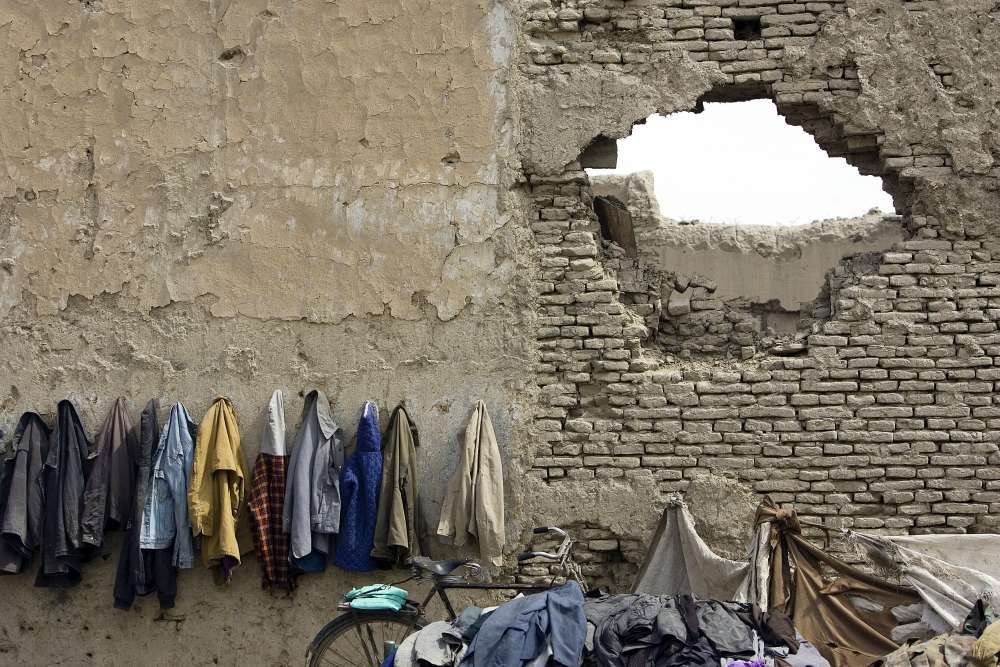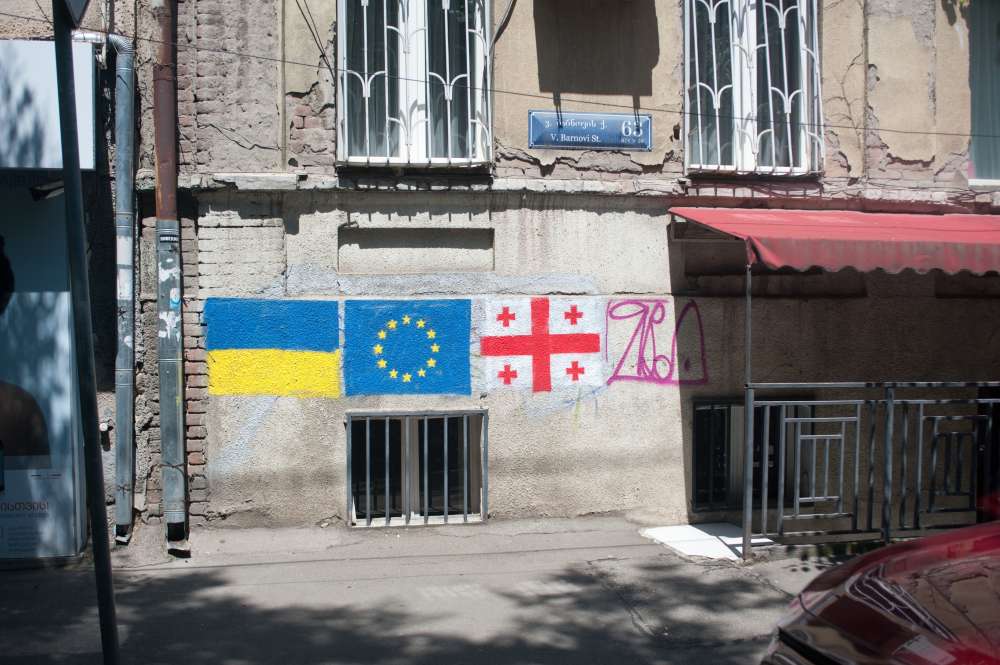Schröder’s Russian Sell-Out

Last week’s nomination of former German Chancellor Gerhard Schröder to the board of Rosneft, Russia’s largest oil company, is the most spectacular example to date of a Western politician selling out to an authoritarian government.
Though the move is unlikely to change Berlin’s stance toward Russia, it bolsters the Kremlin’s legitimacy at a time when Germany is seeking to get Moscow to reverse its course in Ukraine. It also heaps reputational damage on Schröder’s former office, his Social Democratic party and his country.
When former heads of Western governments go on the payroll of authoritarian regimes they undermine the liberal democracies they used to serve, just as former British Prime Minister Tony Blair did when he sold himself out to Central Asian dictators.
Schröder himself joined the supervisory board of Russian heavyweight Gazprom’s Nord Stream project in 2005, right after being voted out of office. His Rosneft move is even more brazen, given that the Russian government directly owns the majority of the company.
Liberal democracies must act quickly to prevent similar disastrous behavior in the future. The issue is especially pressing in Germany: As Europe’s strongest economy, its former politicians make attractive acquisitions for businesses or foreign government interests. That a Turkish fashion company hired former President Christian Wulff earlier this month is further testimony to this.
Before taking the oath of office, every chancellor and president should have to sign a legal declaration to never work in any capacity for any company or foreign government. In return, they should get a generous retirement package.
Former German presidents already receive more than €200,000 per year. The retirement salary of chancellors tends to be less, depending on the tenure (Schröder for example gets around €100,000 a year). It should be adjusted upward to the level of former presidents.
That would leave top politicians with no conceivable financial reason — beyond greed — to work for private interests or foreign regimes. There are countless nonprofit causes and U.N. ambassadorial roles in which former leaders can invest themselves if they want to make a difference to their countries and the globe.
Similar rules should apply to ministers with regard to governments, as well as companies they directly affected as ministers. This would depress some of the interplay between government and the private sector — but that’s a price worth paying. A public impression of senior political leaders being for sale causes grave damage to our democratic systems.
At the same time, it is important not to overstate what Schröder’s move might mean for Germany’s Russia policy and transatlantic unity on sanctions. As the Kremlin knows, the answer is: not very much.
Moscow’s motivation in hiring the former chancellor is to legitimize a crown jewel of authoritarian state capitalism — Rosneft only achieved its status by taking over Yukos assets seized by the Russian government. The move also helps delegitimize liberal democracies by demonstrating that former leaders are no more virtuous than Russian President Vladimir Putin and other titans of kleptocratic governance.
The former chancellor got a rousing reception at his party’s convention in June, but that says less about his influence within the SPD than his stellar speaking ability and the fact that he stands for two things vital to the current campaign: the ability to deliver a strong, gutty performance against German Chancellor Angela Merkel and a record of standing up to the U.S. in the lead up to the invasion of Iraq.
Any cozying up to Putin is unlikely to find broad support within the SPD, where the current crop of leadership recognizes the Russian regime for what it is and has consistently supported the continuation of sanctions as long as Moscow fails to live up to its commitments in Ukraine.
If anything, two of Merkel’s likely next coalition partners come across as friendlier toward Putin than the SPD. The head of Merkel’s Bavarian sister party CSU, Horst Seehofer, has demanded an end to sanctions by the end of the year as well as Russia’s return to the G8. The leader of the Free Democrats, Christian Lindner suggested the annexation of Crimea be treated as a “permanent provisional solution.”
SPD leaders do argue that Russia is the EU’s neighbor and thus that a détente is desirable. However, that is a mainstream position not just in the party but also within the broader German public. It has nothing to do with Schröder.
If German unity on sanctions is to crumble, it’s more likely to be the result of a controversial move by the U.S. rather than a change of heart within the SPD. Washington’s latest round of sanctions is seen by German leaders and the broader public as a thinly veiled attempt to promote U.S. business interests (especially, the export of liquefied natural gas) at the expense of German and European business.
That — not Schröder’s new job — is the larger threat to Western unity on Russia policy.
…
This commentary was originally published by Politico Europe on August 17, 2017.







